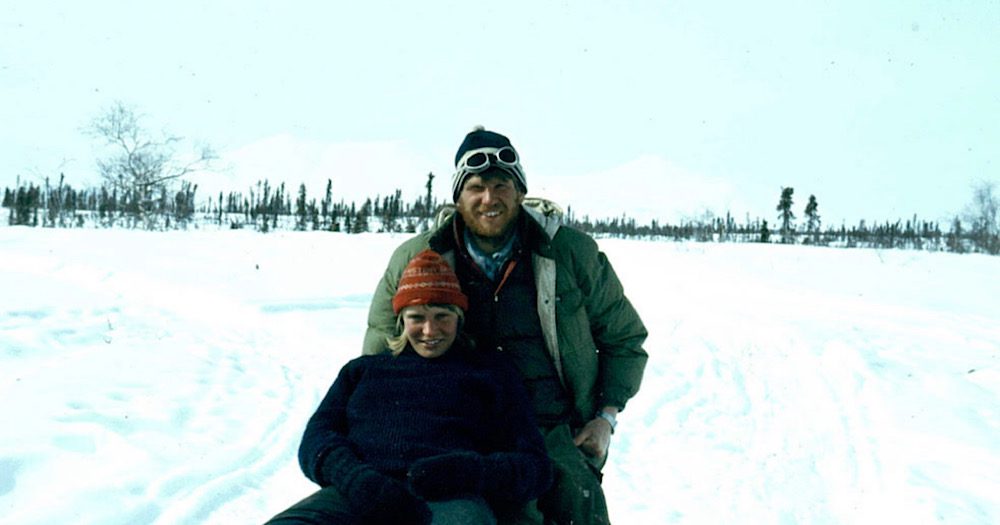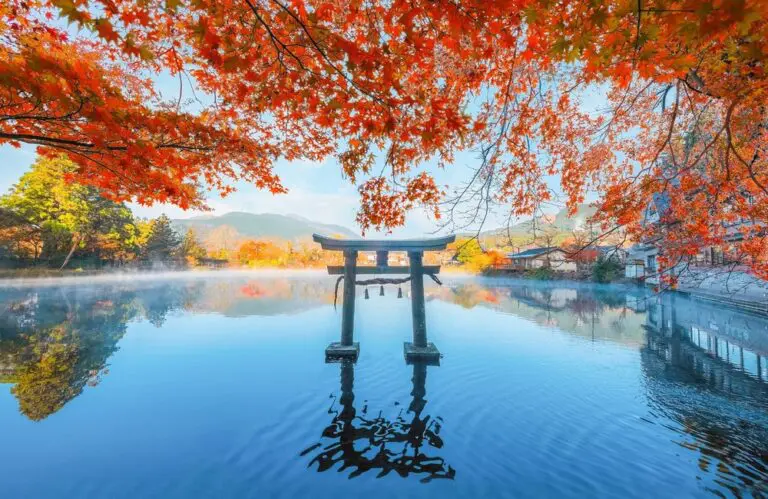Today, fewer than 300 people live in Old Crow in Canada’s Yukon. Still now, it is the only community in the Yukon without road access. And it is here, over forty years ago that Britta and Klaus spent two years, just the two of them, living off the land.
Klaus Gretzmacher is the tourism vice president of CanaDream RV, a Canada-based company that is part of the Australian Apollo Tourism & Leisure Group. Britta is not only the company’s club manager, she’s also married to Klaus. And she’s saved his life.
This is their love story.
The pair were born just 15km from each other east of Cologne in Germany. They even went to the same high school. But Klaus and Britta only officially met years later in Austria, at a ski training camp. Klaus was on the German national downhill ski team, Britta was on the national cross country team.
“I blame it on the coach,” Britta jokes. “He just left me with this downhill guy and it went downhill after that.”
Klaus calls her a ‘chook footer’; that despite her youth and beauty, one of the things he first remembers was that she was a bad skier. Because real skiing is alpine skiing, of course.
But Britta wasn’t won over by his skiing prowess.
“I really liked his adventurous spirit. He talked about his travels to the Yukon and some crazy things that happened there,” she tells Karryon.
“I’ve always loved nature and the outdoors. And here he was, telling me he will take me on a trip someday. And I said, Okay, take me. I’m here.”
The ultimate test
Klaus had plans. He wanted to do his Masters thesis on the culture and territories of the Vuntut Gwitchin First Nation in Old Crow in the Yukon. He needed to know if Britta could come with him.
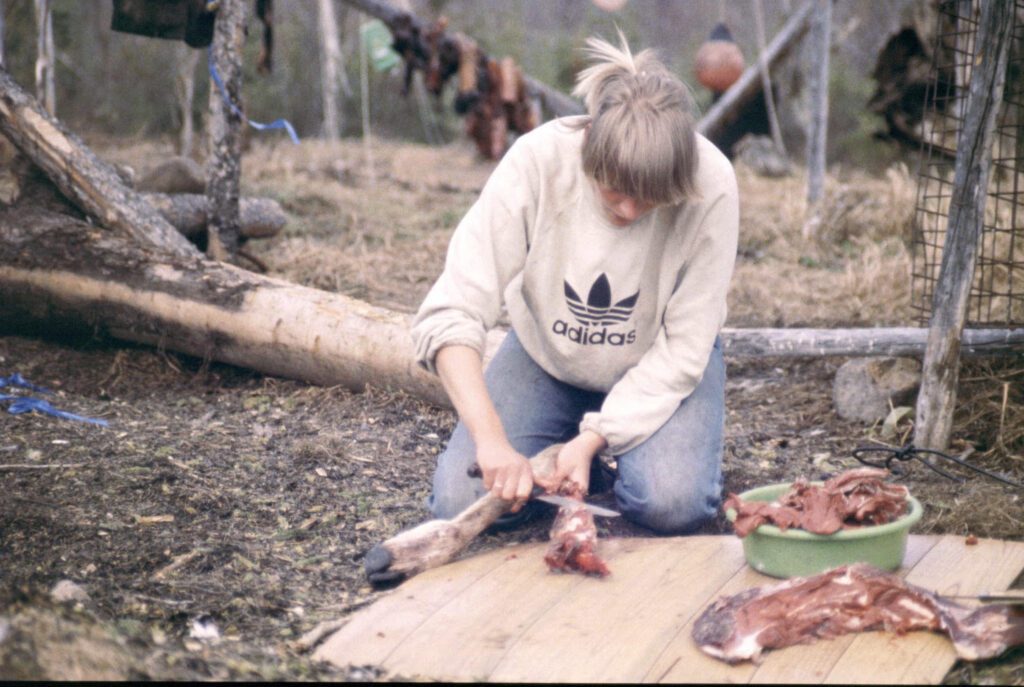
So he took her on a “survival trip” in Norway. She was 18 years old.
“We spent three weeks in the middle of nowhere,” he says.
“We canoed into a fjord and just lived off the land.
“I just wanted to see if she could take it.”
Britta passed the test.
But Britta had had a hard time convincing her parents to let her go to Norway.
“They asked if we were going to stay in two different tents,” Klaus remembers. The Yukon might as well have been a different planet.
“We said we’re going to Canada and we don’t know when we’re coming back. My dad didn’t talk to me for two years. He just could not handle it. My mum was more supportive.”
Britta’s parents later confessed that they were thinking of taking her passport away the night before they were due to fly out.
“They wanted to keep me home because they had no clue where this guy was taking me and you know, they weren’t wrong,” she says.
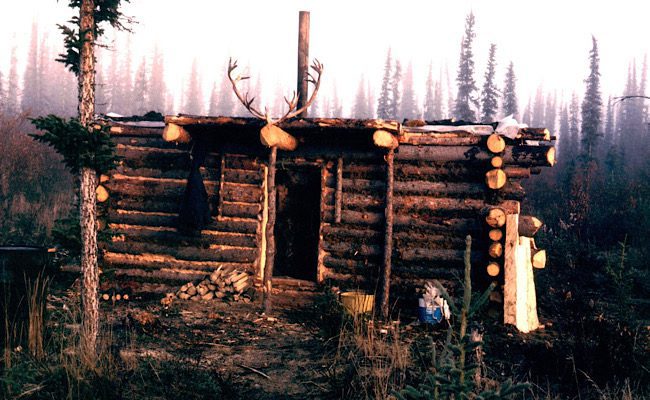
But Britta says she was “so in love”.
“I think I only saw pink clouds and pink balloons. I didn’t even really know where we were going.”
It was 1981. The population of the Yukon was less than 25,000 people. And that was in a territory bigger than the whole of Germany.
People thought they were crazy. That they’re relationship wouldn’t survive, or Britta would come back after a few months.
“They had bets on us,” Klaus says.
But had Britta even wanted to come back, she couldn’t. Not by herself.
A journey to nowhere
It took Klaus and Britta almost three months to travel by canoe to reach Old Crow. Going home was not as simple as buying a plane ticket.
Old Crow is located north of the Arctic Circle and has a subarctic climate. I have no concept of how they survived. And less still how their relationship did.
“I think we were just tired,” Britta says. “We were hungry. We were just in survival mode.”
“In the winter we had seven weeks of 24 hours a day of pitch dark,” Klaus says.
“And it’s minus 60 degrees celsius.”
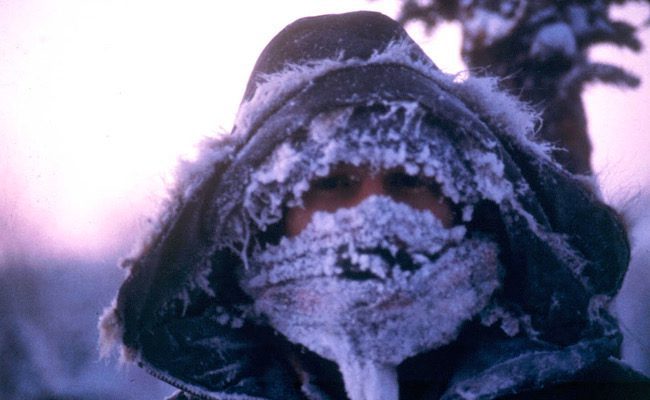
“That’s survival. You spend all day collecting wood. But there are very few trees because you’re north of the treeline,” he tells Karryon.
“We found an old oil drum on the river and I made it into a stove that we had to fill with wood every day when it was cold. All day long. We were busy.
“We didn’t fight. I don’t remember a single argument.”
“Of course there were some days where I said, ‘I can’t do this anymore’,” Britta admits. “But then Klaus pulled me back and reminded me to enjoy this. ‘Let’s go out with the dogs and do something,’ he’d say.”
“I think it forged our partnership and our trust in one another,” she says. “I just totally trusted Klaus.”
And that trust went both ways.
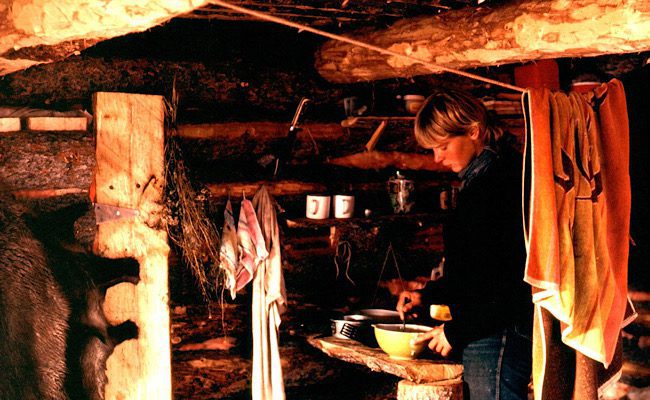
Putting trust to the test
It was during one of these pitch black days that Klaus fell through the ice. They were miles from the little cabin they had built and only had the clothes on their back.
Britta pulled him out and he immediately began to freeze.
“We walked the whole night and all the next day,” Klaus says.
“It was minus 60 degrees. My clothes were frozen to me, and they began to destroy my skin. My toes turned black, and all I remember is that I desperately wanted to lie down – just lie down right on the ice and sleep.
“A little white fox followed us the whole way. He was waiting for us to die so that he’d have something to eat.”
Britta says that after experiences like that there’s little to fight about.
“You’re just relying on each other to survive. In your ‘real’ life, you fight about money, you fight about where you go for dinner, who does which chores… But in the scheme of things, that’s all irrelevant.”
Back in the real world
Britta and Klaus now live in Vernon in British Columbia. They have two kids and it seems, more importantly, two grandkids.
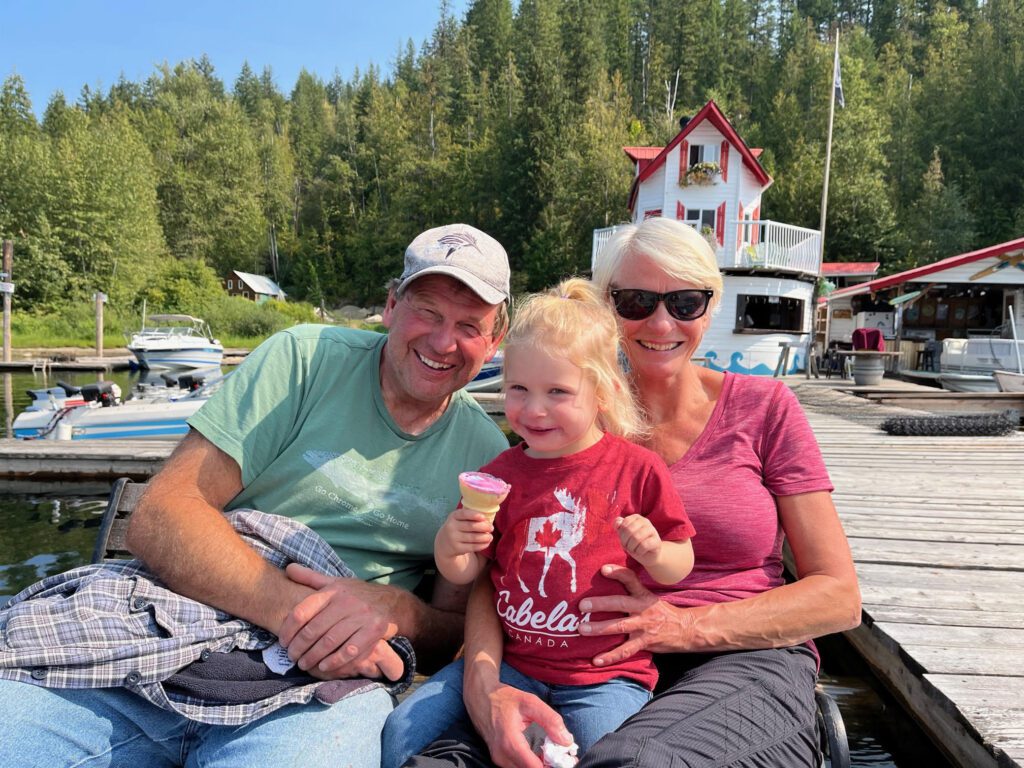
I ask about how their time in the Yukon has helped them through the inevitable tough times that every couple faces.
“I think we’re way more resilient and more appreciative,” Britta says.
“When I came home, a light switch made me happy. Or a washing machine or a flushing toilet and all those those little things. And I think we continue to appreciate the world. And each other.”
“We know that whatever happens we can deal with it, the two of us.”



